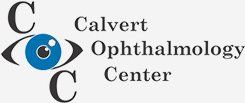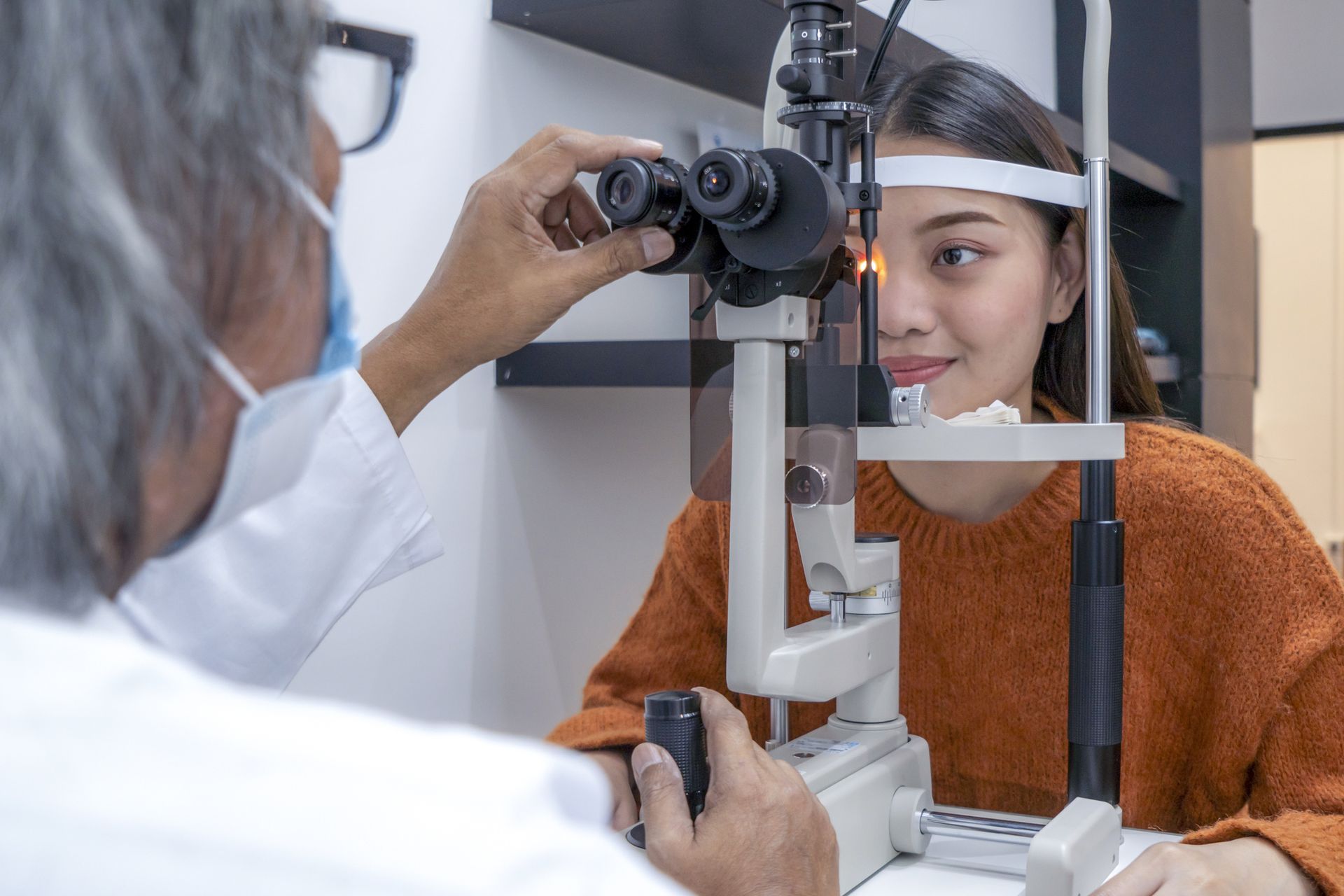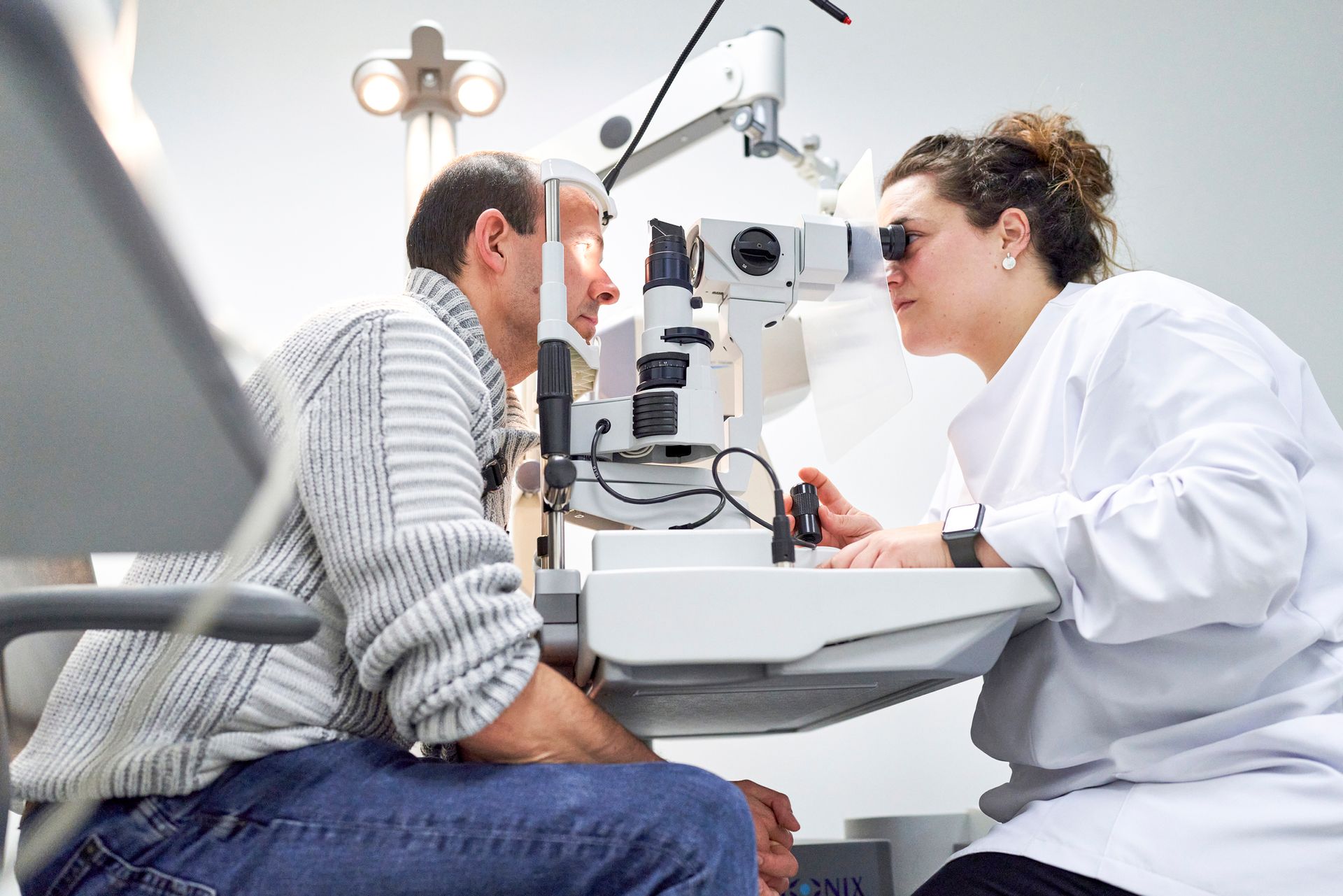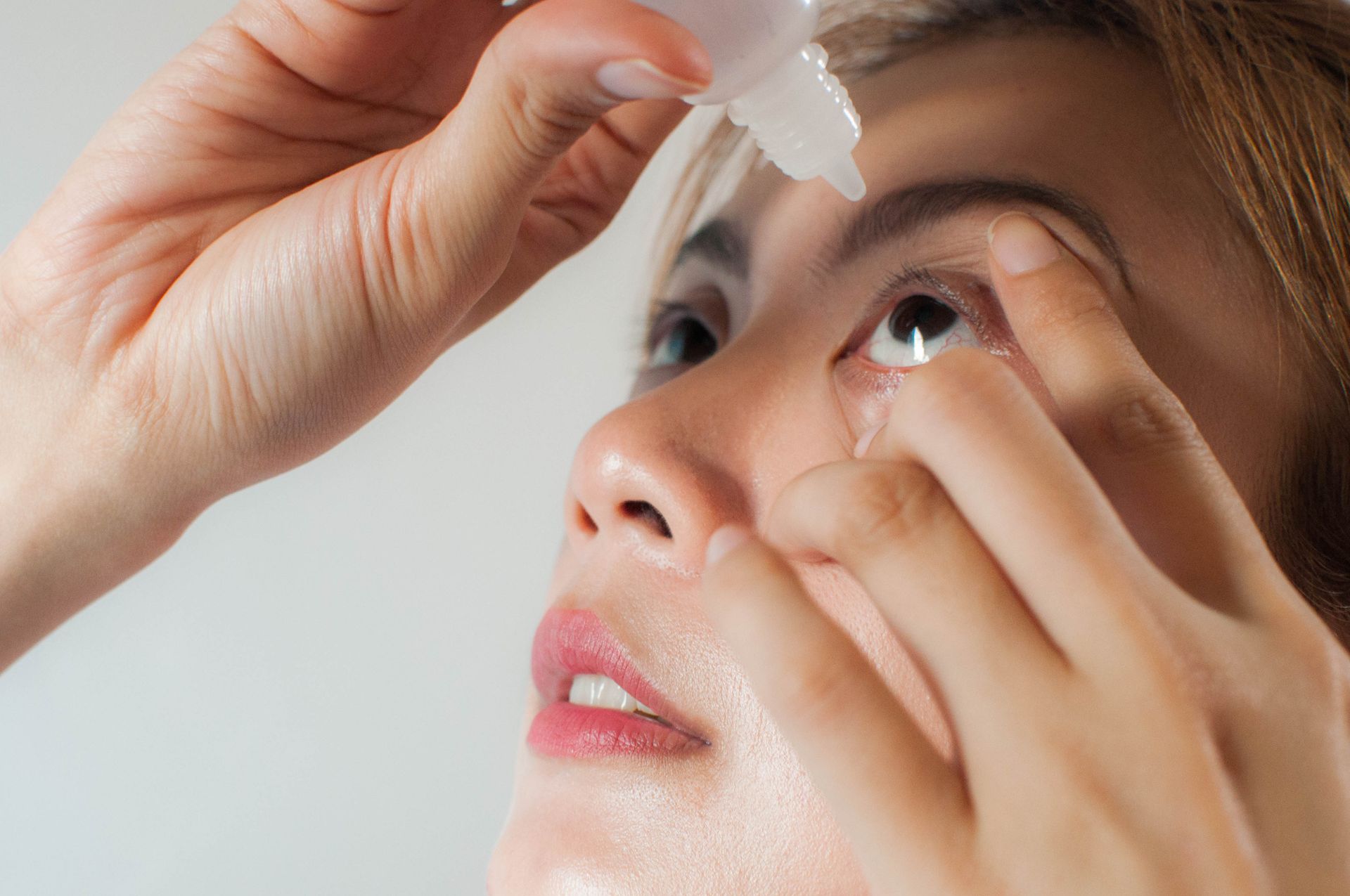Eat Well for Eye Health

Nutrition plays an important role in eye health. Foods high in key nutrients provide the body with the raw materials eyes need for optimal functioning. Incorporating a variety of eye-healthy foods can help to maintain eye health and may prevent some eye diseases.
Orange Fruits and Vegetables
A diet rich in orange or deep-yellow fleshed fruits and vegetables provides vitamin A, a necessary nutrient for eye health.
Vitamin A
Orange-hued produce is a good source of vitamin A, sometimes providing the daily recommended allowance in a single serving. Carrots, sweet potatoes, pumpkins, and winter squashes such as acorn and butternut are high in vitamin A and its chemical precursor, beta carotene. Fruit sources include peaches, apricots, and cantaloupe.
Night Vision
Vitamin A plays a crucial role in vision because it helps the retina convert light into images. A deficiency in vitamin A can result in reduced vision quality. Over time, consuming too little vitamin A can lead to eye dryness and night blindness.
Cold-Water Fish
The flesh of cold-water fishes contains omega-3 fatty acids, an essential nutrient for reducing inflammation.
Omega-3 Fatty Acids
Tuna, halibut, salmon, trout, and other cold-water types of fish are good sources of omega-3 fatty acids. People who do not care to eat fish can also get omega-3s by consuming flaxseeds or flaxseed oil.
Inflammation Prevention
Omega-3 fatty acids help protect the cells of the eyes from inflammation. Inflammation damages the DNA within the eye cells, especially in the retina. Omega-3 fatty acids also aid in tear production. Consuming plenty of omega-3s can help prevent dry eyes.
Nuts and Seeds
Plant-based oils are high in vitamin E. Tree nuts, seeds and peanuts contain a significant quantity of this antioxidant.
Vitamin E
Substantial sources of vitamin E include almonds, peanuts, hazelnuts, and sunflower seeds. Likewise, peanut butter and almond butter also provide a good amount of vitamin E. People with nut allergies can also get plenty of vitamin E from vegetable oils, avocados, and wheat germ.
Antioxidant Power
Vitamin E is a powerful antioxidant, which promotes healthy cells by protecting them from attack by free radicals. This nutrient may also prevent or slow macular degeneration. This progressive condition affects the macula portion of the retina - the center for detailed vision.
Leafy Greens
Leafy greens and other green vegetables provide two antioxidants that help to shield the macula from free radicals.
Lutein and Zeaxanthin
Dark, leafy greens such as spinach, kale, collards, and turnip greens contain two important eye health nutrients: lutein and zeaxanthin. Other sources include broccoli, peas, and romaine lettuce.
Macular Protection
Like vitamin E, lutein and zeaxanthin protect the macula area of the retina, which can preserve eyesight. These substances provide protection from the damaging effects of UV light by increasing the density of pigments in the macula.
Beans and Oysters
One of the most important minerals for eye health is found in both plant- and animal-based foods, such as beans and oysters.
Zinc
Cooked or canned, beans such as kidney beans, chickpeas, black-eyed peas, navy beans, and black beans provide a good source of zinc. The mineral is also found in shellfish, especially oysters. Red meat and poultry offer additional sources of zinc.
Protective Function
Like lutein and zeaxanthin, zinc prevents damage to the eye caused by harmful types of light. Zinc acts as an assistant to transport vitamin A to the retina and help build protective pigments in the eye.
Citrus and Tomatoes
Well-known for its antioxidant properties, vitamin C, found in fruits and vegetables, aids in cell growth and repair.
Vitamin C
Fruits high in vitamin C include oranges, grapefruit, tangerines, limes, and lemons. Tomatoes, whether cooked or fresh, also contain a large amount of vitamin C. Other sources include strawberries and red peppers.
Damage Control
The antioxidant properties of vitamin C help to repair ocular cell damage and promote new cell growth. Vitamin C is also important for maintaining the health of the vast network of blood vessels throughout the eye.
In addition to good nutrition, get regular check-ups with your eye care provider to maintain good eye health. For questions about eye health or to schedule an appointment, please contact us at Calvert Eye Center.














